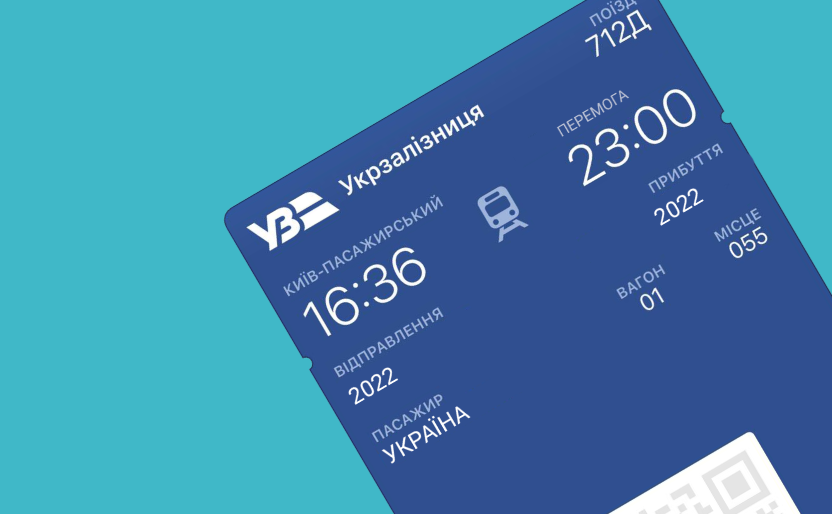Travel English
Short and practical courses dedicated to English for travel – are a lifesaver for enthusiastic travelers and inexperienced tourists with plane tickets and limited time for regular lessons with a teacher. Designed to instill confidence and equip you with essential skills, these courses empower you to embark on your journey to discover the world without fear of unforeseen situations, such as missing a flight.

Nothing found...
What kind of course is this?
Write to us if you have a specific topic.
English for travelling: how to get ready for a trip
Every tourist, who travels around a foreign country, faces communication with foreigners for various reasons, which in its turn usually occurs in English. That’s why it is important to know at least a general set of phrases, which will be understood even in non-native English-speaking countries. Normally, standard and intensive courses implement traveling vocabulary starting from initial levels, no doubt you had already met many of them even before you started learning English.
As a rule, in books, English phrases for tourists are grouped according to topics, which lets you boost vocabulary for the situations at the airport, at the check-in at hotels or in some emergencies. But without using the language, it might be easily forgotten, so before a real trip abroad it may be difficult for a tourist to understand where to begin their preparation, what they already know and what is necessary to improve.
Mini-courses on the topic will come in handy in such situations. It is a concentration of words and phrases for communication while you are getting ready for a trip and during the trip itself. One can learn them according to topics, for example, how to behave at the airport, how to ask for help, moreover, one may refresh their knowledge of popular phrases for any occasion. Structured information, gathered in one place — is an easy way to boost English for travelling fast and to feel comfortable during a trip.
English for tourists: what to learn
There might occur different situations while getting ready for a trip or while traveling, sometimes even unpredictable, that’s why it’s not always possible to anticipate and be ready for every turn. But there is a basic English for tourists, topics, which will be useful in most cases:
- getting ready for a trip (buying tickets, accommodation and transfer booking, excursions, travelling with kids and pets etc.)
- on the way (at the airport, at the railway station, at the customs etc.)
- check-in/check out;
- a city (non-residential buildings, urban area and signs, transport etc.)
- purchases, restaurants/cafes;
- pharmacy, hospital and emergency cases.
All of the above-mentioned topics are related not only to vocabulary learning, but they also contain popular phrases, which will be of service in these situations.
At which level are English phrases for tourists learnt?
Normally, language courses implement English phrases for tourists starting from initial levels. It is vocabulary on a particular topic, for instance, a city, a hotel, an airport etc. Besides, starting from primary levels they start to teach some general phrases, which may be useful on the way or during life abroad. Mini-courses are created due to students` level and provide information that corresponds their skills and knowledge.
What English phrases for trips should be learnt?
There isn`t any specific list of words and phrases every traveler has to learn. The basic language for a tourist — contains phrases, which will help in common and emergency situations. It is important to know them in order to build effective conversations with foreigners, plan your trip and travel. To simplify a learning process — learn words and phrases by topics.
Is it necessary to learn English language for travelling to non-native English-speaking countries?
English — is the language of international communication. There are English versions of tourist signs in cities, hotels, airports and railway stations in many non-native English-speaking countries. The same situation at the border, in public transport and during excursions. Even basic English will help you to know your way around, to understand other people with different levels of English.









